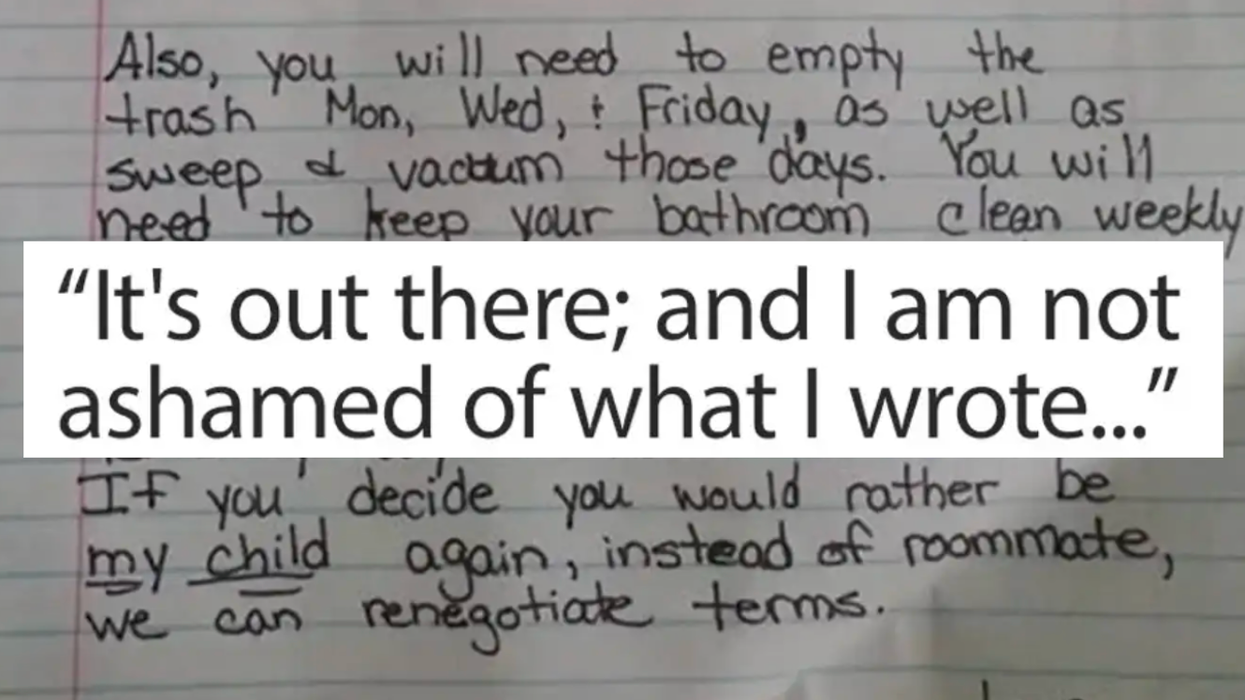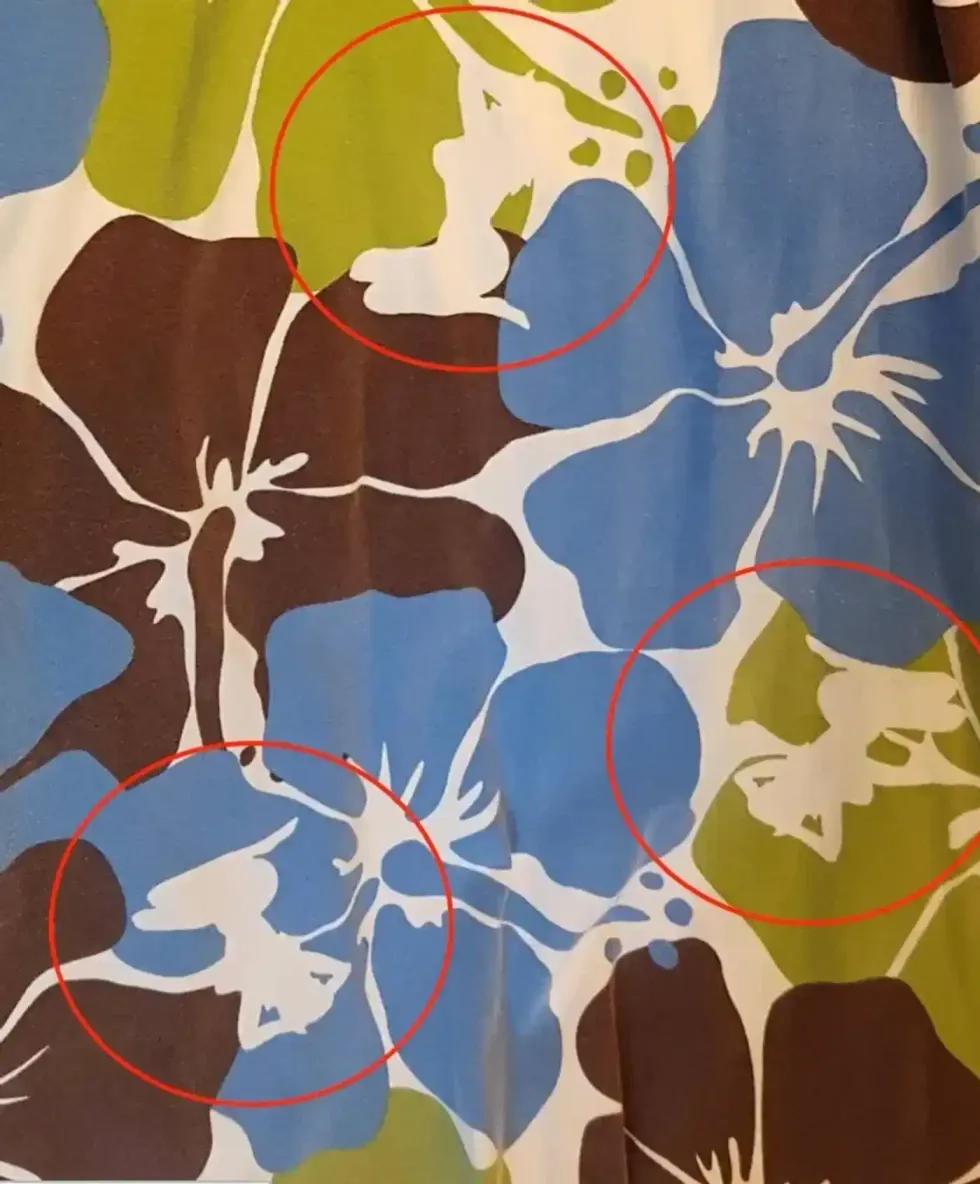There’s a big difference between following the letter of the law and the spirit of the law. One North Carolina high school may have put the educational future of a straight-A student in jeopardy after a questionable call on a dress code violation. Summer, a senior at Hickory Ridge High School, was asked to cover up for wearing the shirt pictured below. According to school policy it fails to “adequately cover the upper body, including the shoulders.”
Although the shirt in question does not expose Summer’s shoulders, the principal asked her to cover up, so she borrowed a friend’s jacket. But this wasn’t enough, and the principal then asked Summer to go to her office to change. Summer has had previous problems with the principal, so she asked to have her mother on the phone. While she waited for her mother to return her call, the principal summoned a security guard.
“The security guard was within five feet of me,” Summer told WCNC. “He had his hand on his gun. The principal said, ‘I’m gonna give you an ultimatum. We have tried to call your mother. You either come with me to the control room to change your shirt or we will arrest you.’” Summer refused and was suspended for “insubordination” and told she cannot walk at graduation.
Summer has a 4.4 GPA and multiple scholarship offers which the disciplinary action has now put in danger. “A full ride means so much and that is on the line right now,” she told WCNC. “It’s just sad because I worked so hard for four years to walk across that stage. … We have drug dealers walking across that stage, and we have sex offenders walking across that stage, and then the 4.4 student who showed her shoulders can’t.” Summer’s mother plans to appeal the suspension.

















 Image of the floral dress with the risque images circled
Image of the floral dress with the risque images circled  Gif of Tim Robinson via
Gif of Tim Robinson via 


 Gif of Kaitlin Olson saying "Because I said so ... that's why" via
Gif of Kaitlin Olson saying "Because I said so ... that's why" via 

 A hand holds several lottery ticketsCanva
A hand holds several lottery ticketsCanva "Simpsons" gif of newscaster winning the lotto via
"Simpsons" gif of newscaster winning the lotto via 

 Kids on their computers.Photo credit:
Kids on their computers.Photo credit:  Young girl holds a drone.Photo credit
Young girl holds a drone.Photo credit  Playing with bubbles.Photo credit:
Playing with bubbles.Photo credit:  Friends on the computer.Photo credit:
Friends on the computer.Photo credit: